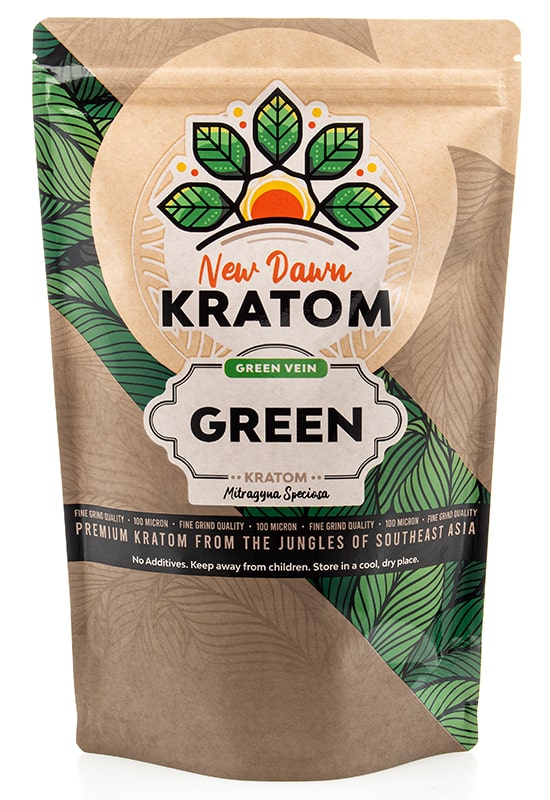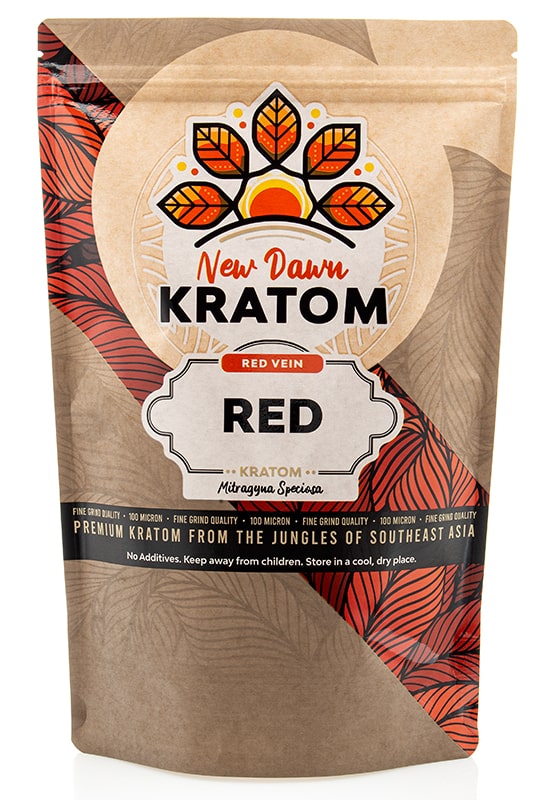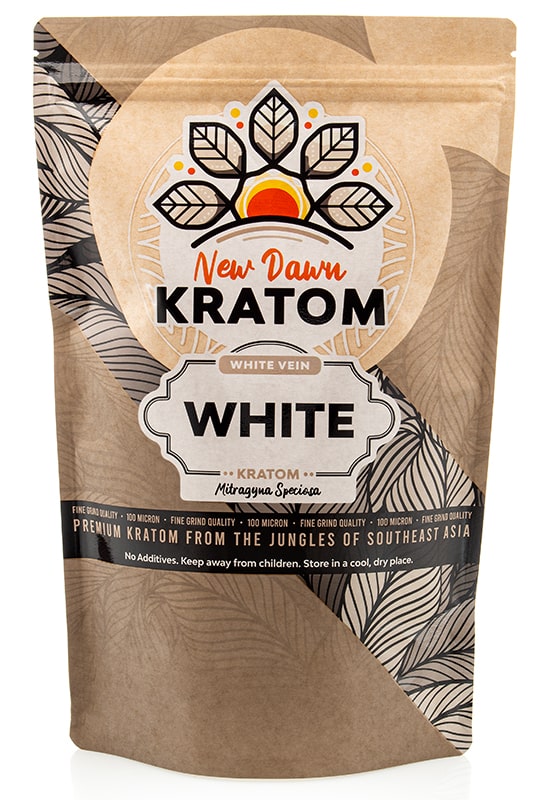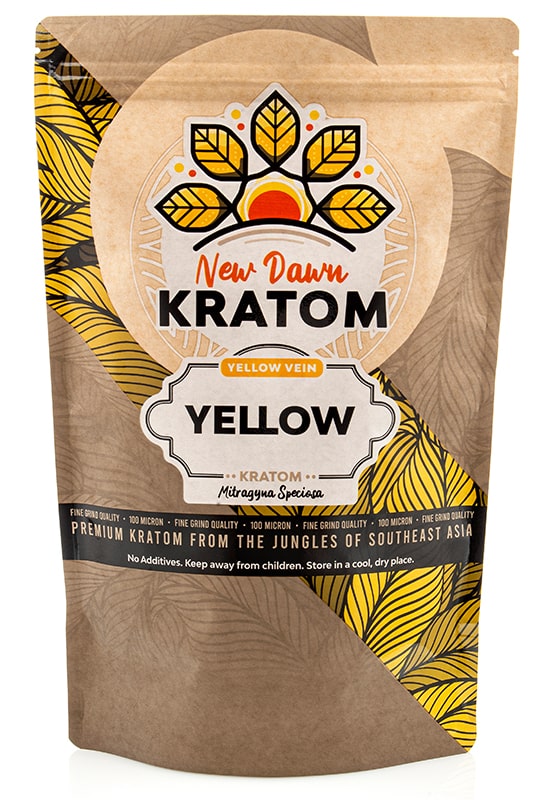Kratom is banned for distribution, possession, and consumption in the following US states: Arkansas, Alabama, Rhode Island, Indiana, Vermont, and Wisconsin. Over the past years, each of these states established individual legislation prohibiting kratom because of the botanical’s questionable safety profile and increased risk for misuse and abuse.
Moreover, several laws have listed kratom’s main bioactive compounds as Schedule I controlled substances, including mitragynine and 7-hydroxymitragynine. In this article, let’s talk about current kratom regulations in the US states mentioned above.
6 States With Kratom Bans
Kratom is indeed legal at the federal level. However, six US states have established local restrictions. Again, these states are Alabama, Arkansas, Indiana, Rhode Island, Vermont, and Wisconsin.
Let’s discuss how these states banned kratom, their reasons for prohibiting it, and the specific legislation. Moreover, let’s also talk about two states planning to pass legislation that lifts the ban on kratom, following proper quality control and manufacturing processes.

Alabama Kratom Ban
Kratom is totally banned in Alabama, with kratom’s active compounds listed as Schedule 1 Controlled Substances in 2016. These substances refer to mitragynine and 7-hydroxy-mitragynine.
Meanwhile, kratom is also classified as a Schedule I controlled substance under Bill SB22. This means that any form of buying or selling kratom is illegal in Alabama, and anyone caught possessing kratom without a prescription can be charged with a felony-level criminal offense. The same bill also prohibits Alabama residents from obtaining or using any kratom-based products derived from commercial transactions or trading.
Arkansas Kratom Prohibition
The same is true for Arkansas; kratom is also illegal. This botanical was classified as a Schedule I controlled substance in October 2015 by state lawmakers after a recommendation from a certified physician. The physician claimed mitragynine and 7-hydroxymitragynine possess dangerous and addictive effects.
Because kratom is a Schedule I substance, buying, selling, and possessing it is entirely prohibited in Arkansas. This also includes online sales and banning vendors from shipping kratom products into the state. Moreover, law enforcement agencies prohibit kratom and other related products.
Until today, the botanical regulatory status in Arkansas remains unchanged, banning kratom under state law. Residents found to possess or sell kratom will face criminal charges in this town, including jail time and fines.

Residents possessing less than 2 grams of kratom are charged with a Class D felony. At the same time, those over 28 grams are accused of a Class B felony, punishable by a $15,000 fine or up to 20 years of imprisonment. Punishments can worsen for repeat offenders or individuals possessing kratom within 1000 feet of facilities like churches, schools, daycares, and other institutions.
For instance, residents caught possessing around 2 to 28 grams of kratom are charged with a Class C felony and could face up to 10 years of imprisonment or a fine of $10,000. Arkansas will continue to impose strict sentences on kratom disobedience until legislators amend the bill and legalize the substance.
Indiana’s Kratom Restrictions
Kratom is also illegal in Indiana since 2014, when the state senate passed SB305. This included kratom’s key compounds, mitragynine and 7-hydroxy mitragynine, to the list of controlled substances. In 2018, kratom’s classification was changed to a Schedule I hallucinogenic substance.
The Kratom Trade Association tried to convince the state senate to lift the ban on kratom but failed. It’s still illegal until today, and anyone found to possess kratom can face a Class A felony charge. This misdemeanor is punishable with a $5000 fine and a year of imprisonment. Charges can also go up to as high as a Level 6 felony, obtaining fines reaching $10,000 and 2.5 years of imprisonment for individuals found to possess the substance near minors or schools. Bringing kratom obtained from across the Indiana state lines is also part of the ban; residents can also face strict punishments when found guilty.

Kratom’s illegalization in Rhode Island was passed in 2017 when state lawmakers decided to add mitragynine and 7-hydroxy mitragynine to the Schedule I controlled substances list. Residents cannot purchase kratom in all the cities in the state, including Providence, and those found to possess one are punishable by the law. Felony charges are also possible, with penalties including a year of imprisonment and a $500 fine.
Online sales are also prohibited, including shipping kratom products into Rhode Island. The state also bans distribution channels, and residents can face heavy criminal consequences when caught.
Vermont’s Stance on Kratom
Kratom has been illegal in the state of Vermont since 2016, when mitragynine and 7-hydroxy mitragynine were added to the state’s controlled substances list. At the same time, lawmakers classified kratom as one of the prohibited synthetic cannabinoids and hallucinogenic drugs.
Any form of buying, possessing, and selling kratom is banned in Vermont. There were a few residents who argued against the botanical’s criminalization because kratom is a natural substance from the coffee plant family. However, Vermont’s state law continues to designate kratom’s active alkaloids as illegal controlled substances.
Thankfully, there is a potential for kratom to be legalized in Vermont through Vermont Bill S. 128. The House bill establishes a tentative regulatory framework for legalizing kratom sales in the state, including proper overseeing and quality control of kratom products.
Passing this bill can finally permit regulated commerce on compliant kratom products, considering these botanicals meet labeling, quality testing, and composition requirements. Regulating the botanical allows legislation to address concerns regarding kratom, its health effects, and its main active compounds.

Kratom Legality in Wisconsin
It was the year 2023 when Wisconsin passed the legislation adding mitragynine and 7-hydroxy mitragynine to the state’s Schedule 1 controlled substances list. The bill prohibited selling, possessing, distributing, and manufacturing kratom within Wisconsin borders. Residents are banned from getting involved with this herb in any form.
Under the same law, kratom is part of the Schedule 1 controlled substances list. Guilty residents can be charged with up to three and a half years of jail time and $10,000 in fines. Moreover, distributing and manufacturing kratom is classified as a Class H felony.
The same criminal consequences apply to transporting kratom from other states into Wisconsin, and there are no exceptions for interstate commerce. As of 2023, the botanical remains strictly prohibited in the state, and residents must avoid getting involved with it to prevent expensive fines and lengthy imprisonment.
Kratom May Become Legal in Wisconsin
There is now a chance for kratom to be legalized in the state, thanks to the Wisconsin Bill 393. We all know that the botanical is currently completely banned in the state because it’s classified as a controlled substance. However, should the bill be successful, it would remove kratom from the list and establish regulations on the product’s legal manufacturing and selling, including quality standards, age limits, and necessary licenses.
Violating the legislation will result in small civil fines instead of the former criminal charges. The ultimate goal of Bill 393 is to control and oversee kratom availability rather than outright total prohibition.
Passing the bill can transform kratom into a regulated commercial herb instead of an illegal drug. Moreover, the it can potentially become legal for the first time for residents 21 years old and above.

Final Thoughts
Six US States are currently prohibiting selling, distributing, consuming, and purchasing kratom, which includes Alabama, Arkansas, Indiana, Rhode Island, Vermont, and Wisconsin. Each state lists kratom and its active compounds, mitragynine and 7-hydroxymitragynine, as controlled substances, thereby banning residents from getting it. The ban also covers transporting kratom into the mentioned states from other locations. Individuals who violate the said regulations can face several years of imprisonment and pay expensive penalties.
Various efforts from different states are trying to push for kratom’s legalization, considering the product meets manufacturing and labeling requirements and quality control. Ultimately, the decision to legalize kratom should be based on substantial evidence, putting the residents’s health as a top priority.





